How Can Brands Scrape Sports Tourism Data 2025 for Smarter Fan Engagement?
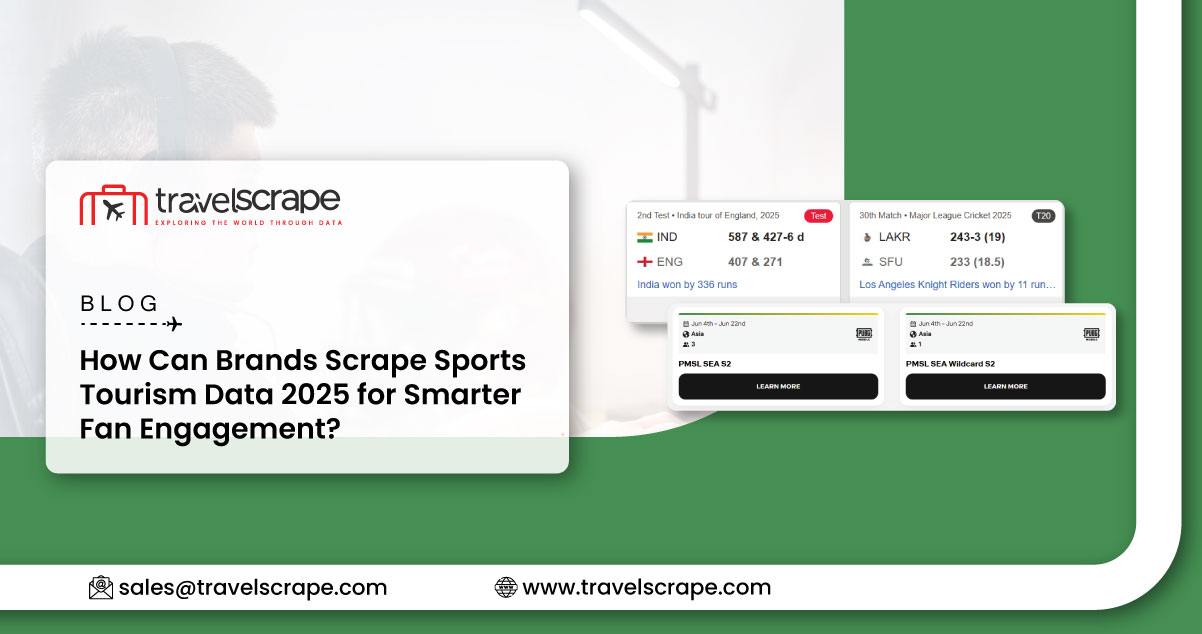
Introduction
In 2025, sports tourism data 2025 is revolutionizing the global travel industry as fans embrace a new era of mobile, digital, and experience-driven journeys. No longer content with watching games from home, today's sports enthusiasts follow their teams across countries—flocking to football tournaments, F1 circuits, and championship arenas worldwide. What's powering this shift? Data. Specifically, the ability to scrape event travel deals from various online platforms has become a strategic advantage for travel brands and sports event organizers. Companies now harness scraped insights to monitor ticket prices, track hotel availability near stadiums, and decode fan engagement across social media. This real-time information fuels smarter fan travel analytics, enabling providers to create personalized, cost-effective, and hyper-relevant sports travel experiences. In a market where timing and loyalty are everything, data isn't just valuable—it's game-changing for fan travel in 2025.
The Rise of Sports-Fueled Travel
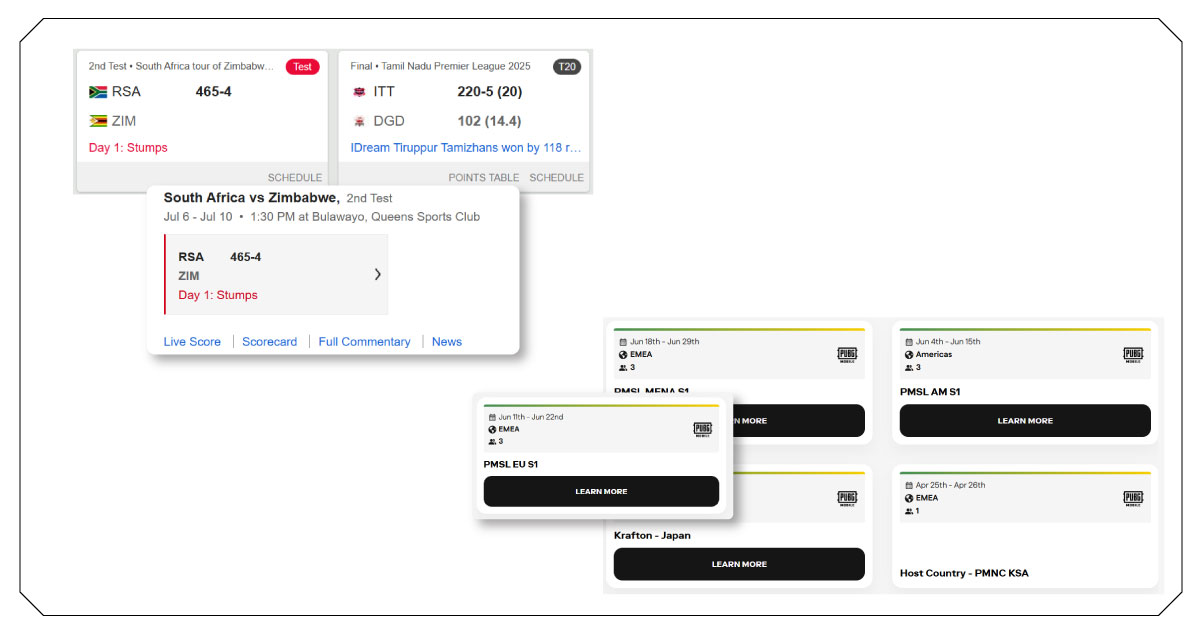
In 2025, sports tourism is no longer a niche interest—it's a full-blown cultural movement. Fans are traveling for:
- Live experiences: World Cups, Olympics, Super Bowls, UFC main events, and eSports championships.
- Regional events: Cricket tours, domestic league playoffs, and derby rivalries.
- Marathons and adventure races: Increasingly, athletes and amateurs travel to compete in city-wide races, Ironman triathlons, and obstacle runs.
- Fan conventions: From meet-and-greets to fantasy league summits.
Each travel event carries a rich layer of logistical data that is now being scraped and analyzed to enhance fan journeys.
Understanding Fan Demand Through Data Scraping
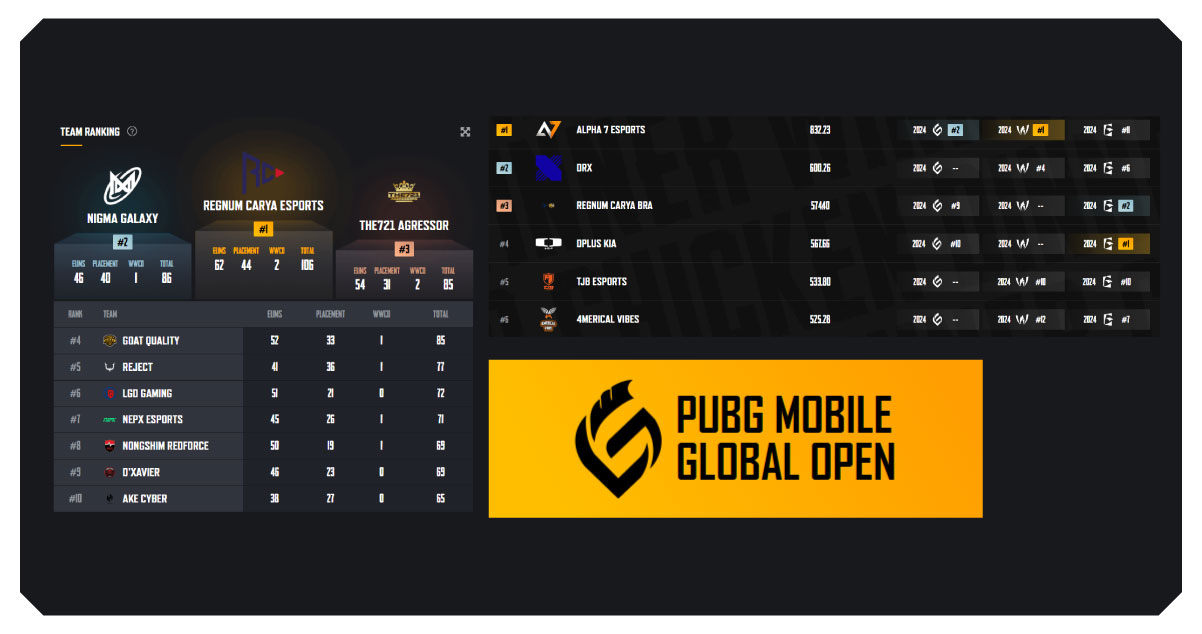
The traditional travel model relied on estimates and historical data. In contrast, 2025's platforms now scrape live data to map fan demand in real time. Here's how:
- Search engine queries about sports event dates, host cities, or "where to watch" are scraped for trend forecasting.
- Flight and hotel aggregator websites are scraped to detect spikes in price and availability near event locations.
- Event ticketing platforms provide real-time data on seat inventory, price changes, and geographic buyer data.
- Social media and fan forums reveal location-based enthusiasm, allowing tour operators to identify potential hot zones of demand before bookings surge.
This kind of fan travel analytics ensures suppliers stay ahead of the curve and don't miss out on monetization opportunities.
Extracting Venue-Based Accommodation Data
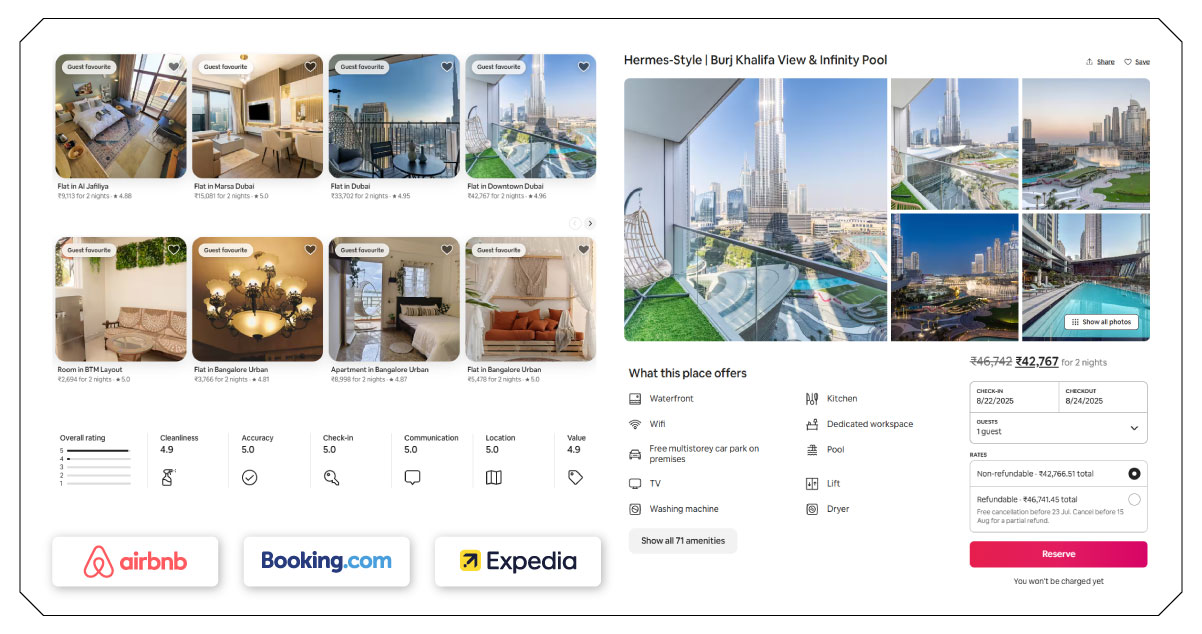
Local hotel prices often surge within hours when major sports events are scheduled. This gives rise to a critical use case: extracting stadium accommodation prices. Key data points include:
- Number of hotels within a specific radius of the venue
- Price range per night across budget, mid-tier, and luxury segments
- Peak booking days
- Booking platform comparisons (Booking.com, Airbnb, Expedia, etc.)
Web scraping enables businesses to aggregate this information and design packages accordingly, such as "3-night stay near the stadium with shuttle service," backed by scraped inventory data.
AI-Powered Itinerary Crafting for Fans
Another powerful outcome of sports tourism scraping is AI-generated fan itineraries. Let's say a Manchester United fan wants to attend an away Champions League match in Italy. Platforms now scrape:
- Match schedules
- Ticket release timelines
- Fan zone details
- Public transport and ride-share data
- City-wide events (concerts, festivals, fan meetups)
- Dining and local pub ratings
AI combines this with the user's preferences to create a personalized, event-based itinerary. The result? A seamless fan journey—designed in minutes and optimized by data.
Event-Based Dynamic Pricing for Travel Products
With access to live scraping feeds from sports schedules and ticket platforms, travel companies in 2025 are optimizing their offerings through event-based travel scraping. This real-time intelligence allows them to implement highly responsive dynamic pricing strategies, adjusting costs based on demand shifts and event confirmations. For instance:
- When a major football semifinal is confirmed in Madrid, platforms extract stadium accommodation prices to monitor room availability and trigger price adjustments across hotel aggregator sites.
- Using sports fan travel data from booking patterns and fan forums, travel platforms detect surge periods and create exclusive offers before competitors react.
- Through airline data scraping, platforms identify route popularity and demand clusters, enabling them to fine-tune airfare deals and group travel bundles.
By integrating these insights, companies maintain price competitiveness, improve inventory management, and enhance the fan's journey with more innovative, data-driven experiences.
Real-Time Fan Sentiment Analysis

Scraping isn't only about numbers—it's also about understanding emotions. Monitoring fan conversations online through forums, hashtags, and comments helps in:
- Predicting turnout (e.g., a fanbase's excitement over a matchup)
- Identifying preferred travel destinations or accommodations
- Uncovering pain points in past fan experiences
For example, scraping Twitter data on "match day travel" might reveal that fans prefer staying 10km away to avoid traffic, or that many faced check-in delays in previous seasons. These insights translate directly into better, more informed offerings.
Multi-Source Scraping for Sports Travel Bundles
Modern platforms now scrape ticket + travel bundles from diverse sources:
- Sports franchise sites
- Travel aggregator platforms
- Airline and hotel partner portals
- Third-party experience providers
Bundled offers often contain layered pricing and inclusions. Scraping helps create accurate comparisons. This empowers the end user to choose smarter and businesses to optimize their packages in real time.
Fan-Centric Experiences: Beyond Just the Game
Scraping tools are being used to pull data about travel logistics and the experiences fans want. Examples of scraped content include:
- Pub crawl maps near the venue
- Fan-generated playlists
- Restaurant reservations trending among fans
- Instagram stories tagged with #GameDayExperience
This allows brands to craft holistic offerings, like "Match Day + City Fan Trail," giving visitors an authentic and immersive fan travel experience.
Predictive Travel Demand Models for Sports Events
One of the most impactful uses of scraped sports travel data is predictive modeling. Data collected over time—fan booking patterns, ticket demand peaks, accommodation preferences—feed into AI models that can:
- Estimate travel demand for upcoming events
- Recommend venue-city combinations for future sports events
- Assist organizers in deciding ticket release windows and pricing tiers
This insight-driven approach increases profitability while enhancing fan satisfaction.
Scraping Platforms Used in 2025 Sports Travel
In 2025, scraping sports fan travel data is powered by a combination of:
- Aggregators like Kayak, Trivago, and Skyscanner
- Event-based APIs for ticketing data (e.g., Eventbrite, Ticketmaster)
- Social listening tools scraping X (formerly Twitter), Reddit, and TikTok
- Travel blogs and vlogs where scraped content includes itineraries, city guides, and reviews
- Google Trends and Maps for analyzing destination interest and accessibility
- Match-day travel planning tools that collect transit updates and local disruption news
These platforms allow small startups and global players to build detailed, up-to-date travel intelligence systems.
Regional Patterns in Sports Fan Travel
Different regions demonstrate distinct fan travel behaviors, and businesses now rely on advanced data scraping techniques to uncover and respond to these patterns:
- European football fans typically book early and prefer accommodations within walking distance of stadiums. Platforms use match-day travel planning tools to offer streamlined routes and local transport options, enhancing their experience.
- American fans frequently travel in groups and favor convenience. Providers scrape ticket + travel bundles to curate comprehensive packages that include flights, hotel stays, and event access, catering to their preference for simplicity and value.
- Asian sports tourists prioritize digital solutions. Their planning revolves around apps, QR codes, and mobile booking platforms. Companies deploy AI for sports travel to deliver customized itineraries based on online behavior and past preferences.
- Middle Eastern fans combine sports events with high-end tourism and retail. Platforms use dynamic pricing for events to adjust offerings based on premium preferences and luxury service demands.
These regional insights allow platforms to fine-tune experiences, boost engagement, and build long-term fan loyalty.
Why Sports Leagues Are Now Embracing Travel Data?
Until recently, sports leagues' primary focus was broadcasting and media rights. However, in 2025, their strategy has evolved to prioritize fan travel optimization as a key growth area. With fans traveling globally to attend matches, leagues leverage data scraping to transform how events are planned and monetized.
Using scraping tools to extract sports event calendars, organizations can anticipate travel demand well in advance and align event promotions accordingly. They analyze booking trends to understand which fan groups are most likely to travel and create personalized experiences based on those insights. Additionally, leagues now scrape sports travel packages to benchmark offers, integrate travel perks, and enhance ticketing bundles.
They also monitor real-time hotel event rates, enabling better coordination between match schedules and accommodation availability. For example, a tennis championship in Dubai can be perfectly timed and marketed by syncing fan arrivals, hotel pricing trends, and package offers—all driven by data.
The Future of Sports Travel Intelligence
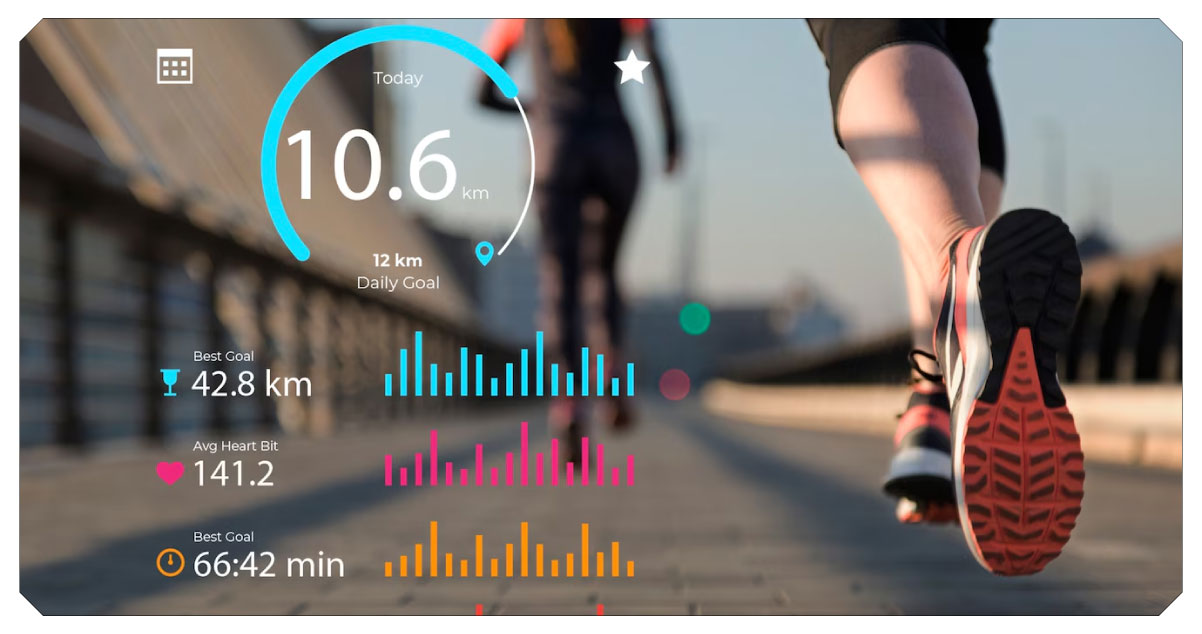
The landscape of scraped sports tourism data is set to become even more sophisticated and precise. Expect these powerful trends to define the future:
- Voice-based scraping to identify fan travel intent through interactions with smart home devices and virtual assistants.
- City-based event travel scraping will deliver ultra-localized insights, helping businesses understand which urban areas generate the most fan interest and bookings.
- hotel data scraping will allow platforms to track room availability, dynamic pricing, and peak occupancy patterns near stadiums and arenas.
- Airlines' data scraping will power more innovative route planning and demand forecasting, especially around international matches and tournaments.
- Real-time flight price monitoring will ensure fans receive alerts and deals aligned with ticket releases and event schedules.
In 2025, fan travel will be more than reactive—it will be a data-driven, algorithmically designed journey tailored to each fan's digital footprint.
How Travel Scrape Can Help You?
- End-to-End Coverage Across Travel Ecosystem
We scrape data from flights, hotels, vacation rentals, transport, ticketing platforms, and event listings, ensuring you receive a complete and actionable travel dataset tailored to your goals. - Real-Time, Location-Based Intelligence
Our tools deliver real-time data, including dynamic pricing, event-triggered fluctuations, and geo-specific availability, helping you act instantly on market shifts and fan travel behavior. - Customizable Travel Scraping API Solutions
We offer scalable travel scraping API integrations that let you pull structured data from any city, country, or platform—whether it's for sports events, seasonal tourism, or business travel trends. - Multi-Platform Aggregation & Comparison
Our services include travel aggregator scraping and pulling data from Booking.com, Expedia, Skyscanner, Airbnb, and more, so you can benchmark, analyze, and optimize travel offerings. - Insight-Driven Dashboards with Predictive Analytics
We don't just scrape—we translate raw travel data into insights with AI-backed dashboards to help you predict demand, refine offerings, and grow conversions faster.
Conclusion
In 2025, tapping into vacation rental pricing data 2025 has become crucial for delivering tailored sports travel experiences. Every move fans make—searching, booking, reviewing—creates digital trails that smart platforms are now capturing through advanced travel scraping API tools. Businesses leveraging these technologies are transforming how they understand fan preferences, optimize pricing, and enhance loyalty. By combining travel aggregators scraping with real-time event intelligence and AI, companies can build predictive models that accurately anticipate fan behavior. Data is powering a new era in sports tourism, from planning match-day stays to curating stadium-adjacent itineraries. The future belongs to businesses that act fast, analyze smart, and personalize every aspect of the fan's journey.
Ready to elevate your travel business with cutting-edge data insights? Get in touch with Travel Scrape today to explore how our end-to-end data solutions can uncover new revenue streams, enhance your offerings, and strengthen your competitive edge in the travel market.